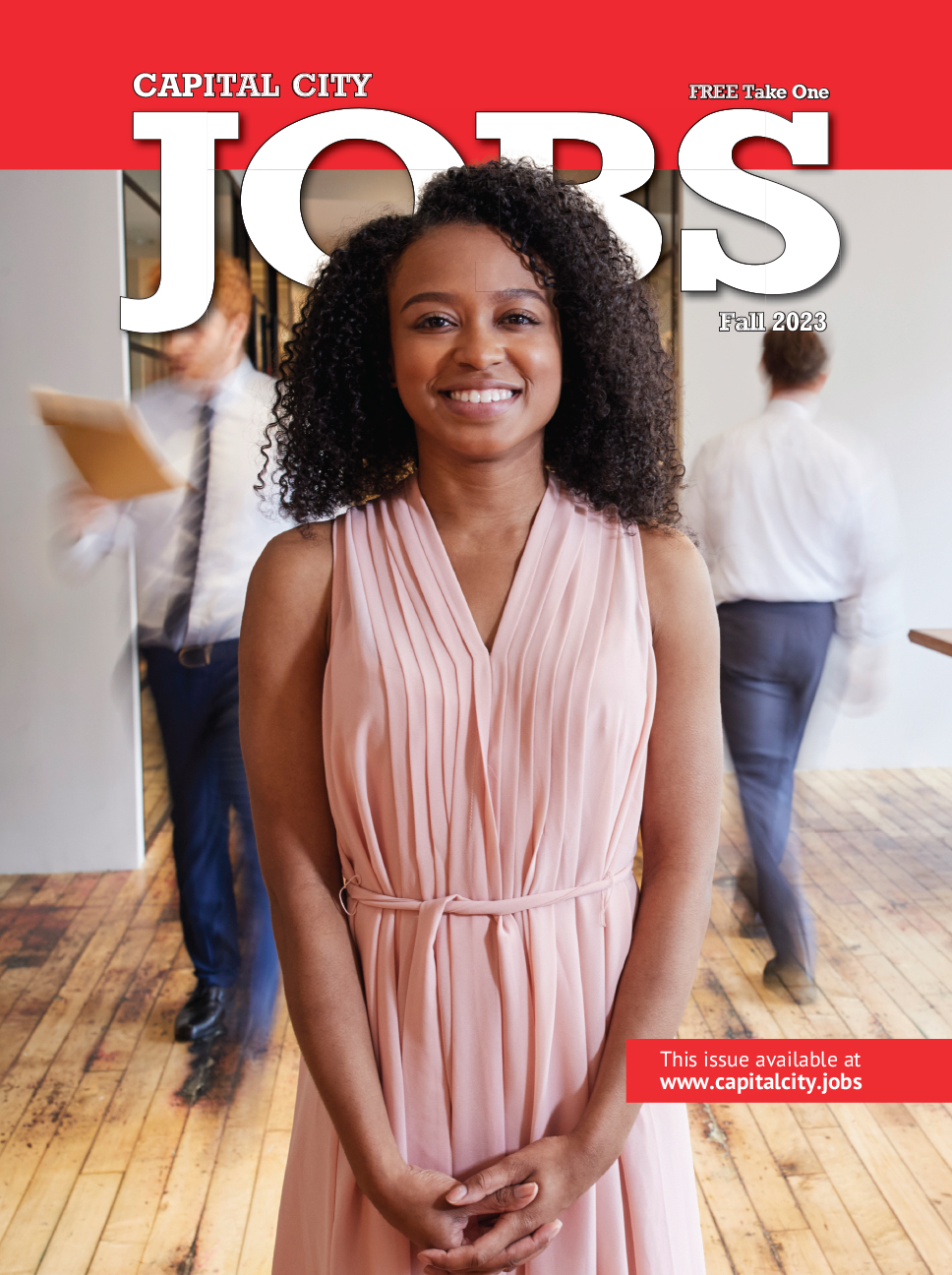A pair of Senate bills that aim to reduce plastic use in hotels and require waste recycling for event facilities have passed the Illinois legislature and are now awaiting the governor's signature.
Senate Bill 2960, introduced by Sen. Laura Fine, D-Glenview, takes aim at the overwhelming global issue of plastic pollution by prohibiting single-use toiletries in hotels. A separate bill introduced by Sen. Karina Villa, D-West Chicago, requires event facilities that accommodate more than 3,500 people to recycle paper, glass and plastic refuse and compost organic waste.
Darin Dame, general manager of SpringHill Suites by Marriott and a member of the Illinois Hotel & Lodging Association, supports the Small Single-Use Plastic Bottle Act. According to Dame, most larger hotel brands have already proactively replaced mini-toiletry products with more environmentally friendly, refillable, pump-style containers and only offer travel-size items upon request.
The Illinois Environmental Council recognized Fine, the bill sponsor for her leadership on the effort to strengthen sustainability efforts and waste reduction within the hospitality industry. The council cited the environmental impact of single-use, personal-care products which can result in millions of plastic containers thrown away each year.
According to the Ocean Conservancy, this measure follows similar bans by other states such as California, New York and Washington, which cracked down on single-use hotel toiletry bottles last year. Jeff Watters, vice president of external affairs at Ocean Conservancy and an Illinois native, issued the following statement: "Decades of Ocean Conservancy data show that single-use plastics are a huge threat to our ocean, and this kind of legislation is exactly what we mean when we say we need upstream solutions to the plastic pollution crisis. Illinois and the Great Lakes are directly connected to our ocean through the St. Lawrence Seaway and the Mississippi River."
The House added an amendment to SB2960 that stipulates local home-rule governments may not override this statewide ban on single-use bottles. It also grants enforcement authority to state or municipal attorneys. The bill sets a gradual phase in beginning July 1, 2025, for hotels with 50 rooms or more, and a Jan. 1, 2026, start date for hotels with less than 50 rooms.
The Large Event Recycling and Composting Law requires event facilities with a legal occupancy of at least 3,500 people to establish a recycling program for refuse they generate including glass, aluminum cans, cardboard, paper, plastic beverage cups or bottles and organic waste, which must be collected and composted separately from the recyclable materials. The law would apply to facilities holding public meetings or events including baseball games, football games, hockey games, automobile races or other musical, dramatic, artistic, social or athletic events.
Hotels and school stadiums are excluded from the provisions of the bill, and an amendment was added in the House that would also exempt county fairs. Currently, large-event facilities are not required to recycle or compost any material.
"We must do everything we can to reduce the amount of waste in our landfills," said Villa. "By promoting methods of environmental sustainability, we are securing the future of the next generation."
Sen. Steve McClure, R-Springfield, whose district includes the Bank of Springfield Center, the Decatur Civic Center and a performance center in Effingham, voted no on the measure. He cited the impracticality of expecting attendees at sporting and other events to sort their trash, and the added burden of cost for venue operators who would be responsible for transporting items to recycling centers. In addition, he felt that lawmakers were left with several unanswered questions about how many facilities within the state would be affected by the new regulation and how much waste would actually be collected and successfully recycled.
Editor's note: This story has been updated to reflect the current status of the bills.














